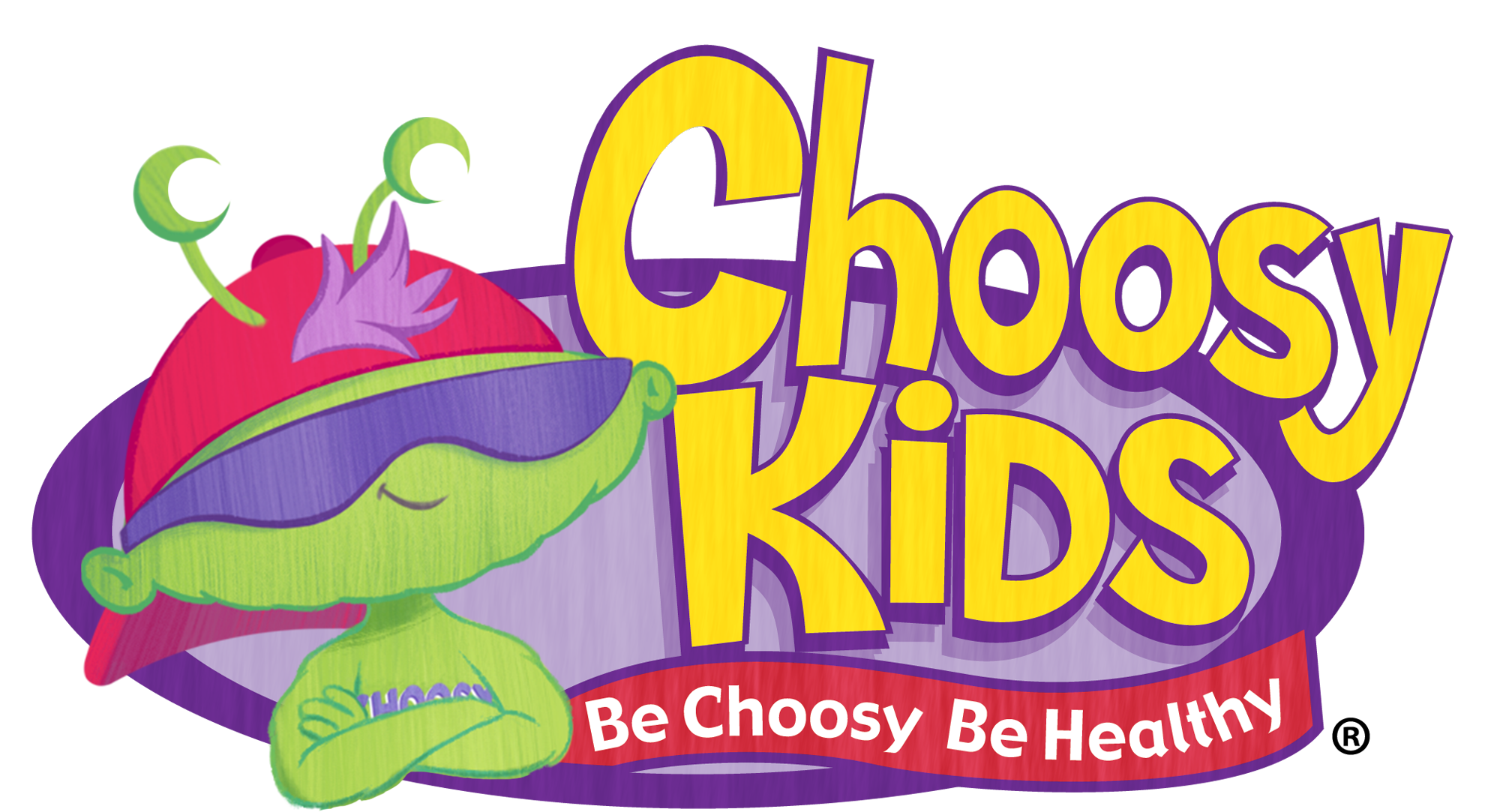


By: Kerry McKenzie, Choosy Kids Contributor
or•gan•icôrˈɡanik/ adjective; of, relating to, or derived from living matter. Now days, “organic” has many meanings, and it’s confusing. There’s "organic" clothing, "organic" dish soap and "organic" milk, eggs and other foods. The price tag is usually higher for “organic” than for items that don’t use “organic” on labels in the supermarket or other stores.
When you see “organic” on the label, it offers confidence that the item has fewer chemicals than the non-organic options. In many cases, it can be shown that organic products are less-processed, contain less synthetic ingredients, and are produced in ways that are more gentle to our environment. In other cases, the organic label offers assurance that the products are made only from living materials, not from chemicals.
What makes a product organic and what allows a product to be legally marketed as “organic” can vary, product to product, because the government and industry have policies with criteria that are specific to say, eggs, or milk, or spinach. Each one of those products has its own criteria. So, it can be confusing.

The bottom line is that when you see “organic”, you can be sure it doesn't contain ingredients created from petroleum or other non-living sources.
If the price seems too high consider this - the list below has the highest pesticide load so buy them organic or grow them organically yourself:
- • Apples
- • Strawberries
- • Grapes
- • Celery
- • Peaches
- • Spinach
- • Sweet bell peppers
- • Nectarines (imported)
- • Cucumbers
- • Cherry tomatoes
- • Snap peas (imported)
- • Potatoes
And buy these conventionally grown products, if you have to, as these have the lowest in pesticide contamination:
- • Avocados
- • Sweet corn
- • Pineapples
- • Cabbage
- • Sweet peas (frozen)
- • Onions
- • Asparagus
- • Mangoes (imported)
- • Papayas
- • Kiwi
- • Eggplant
- • Grapefruit
- • Cantaloupe (domestic)
- • Cauliflower
- • Sweet potatoes
Pesticides and other chemicals are unhealthy all of the time, but especially during vulnerable times such as fetal development and childhood. It's always best to buy organic whenever possible to promote the health of our families as well as the health of our planet. Not everyone can afford organic produce so Choosy reminds us that when shopping in the supermarket,
“Fresh is best, Frozen is okay/fine, Canned and boxed, Are last in line!”
We are all busy, but no matter what, let’s make time to carefully select and wash the produce we purchase for our family. And let’s create early conversations with our children about healthy and not so healthy foods.
You may also like...







